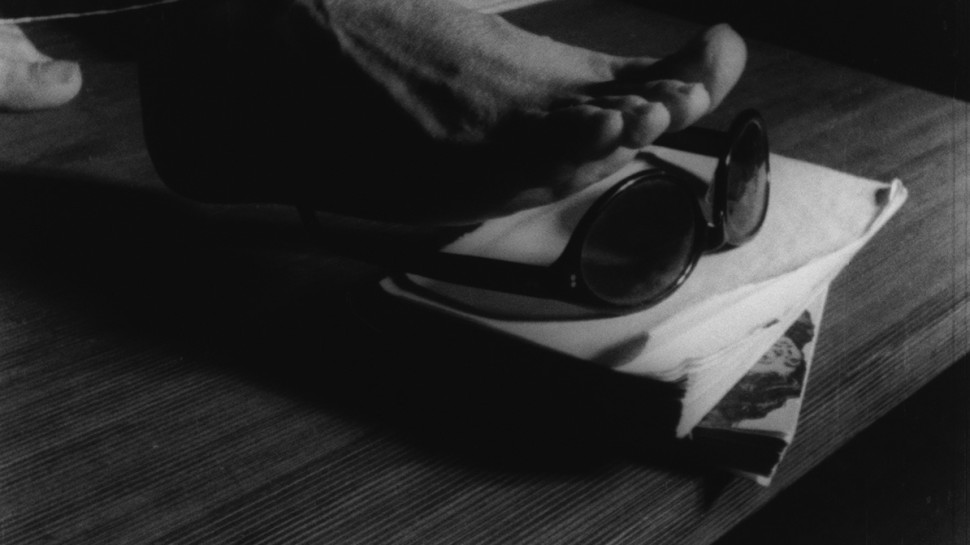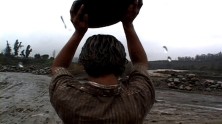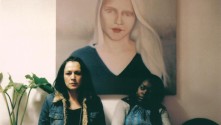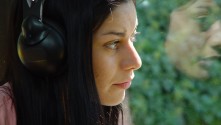
The Tango of the Widower and Its Distorting Mirror
(El tango del viudo y su espejo deformante)
With Rubén Sotoconil, Claudia Paz, Luis Alarcón.
Chile, 1967/2020, DCP, black & white, 70 min.
Spanish with English subtitles.
DCP source: Poetastros
Raúl Ruiz (1941 - 2011) is a filmmaker often heralded for prolific filmography, with his entire body of work still a mystery. His partner Valeria Sarmiento was his film editor and most frequent collaborator. After Ruiz’s passing, Sarmiento has been recuperating and giving new life to Ruiz’s films that were deemed lost, unfinished, or both. This program is centered on this newfound form of curatorship and collaboration.
We Will Now Call You Brother documents president Salvador Allende’s first meeting with a Mapuche community in Temuco. Filmed in 1971 and considered lost, this short film evokes a (possible pathway to socialism’s relationship with indigenous communities) cut short by Pinochet’s coup. The Wandering Soap Opera is structured around of Ruiz and Sarmiento’s shared obsession over mass media. Filmed in 1991 and edited by Sarmiento in 2017, this film approaches different facets of national identity through a series of fictional telenovela fragments. Lastly, The Tango of the Widower and its Distorting Mirror (1967 – 2020) is a ghost story centered on Mr. Iriarte, a man whose life is turned upside down after the loss of his wife. Though six out of seven 35mm rolls of the film were found, the film had no sound. Valeria Sarmiento teamed with her collaborators Chamila Rodríguez and Galut Alarcón, did research among the surviving crew and actors, hired lip-readers to reconstruct the dialogue and re-dubbed the film.
These three films offer a privileged pathway into Ruiz’s filmography, participating in his sui generis approach to politics, his playful relationship with identity and mass media, and his daring formal experimentation. – Ignacio Azcueta
PRECEDED BY
-
We Will Now Call You Brother (Ahora te vamos a llamar hermano)
Directed by Raúl Ruiz.
Chile, 1971, DCP, color, 13 min.
Mapudungun and Spanish with English subtitles.
DCP source: Chilean Cinematheque





















